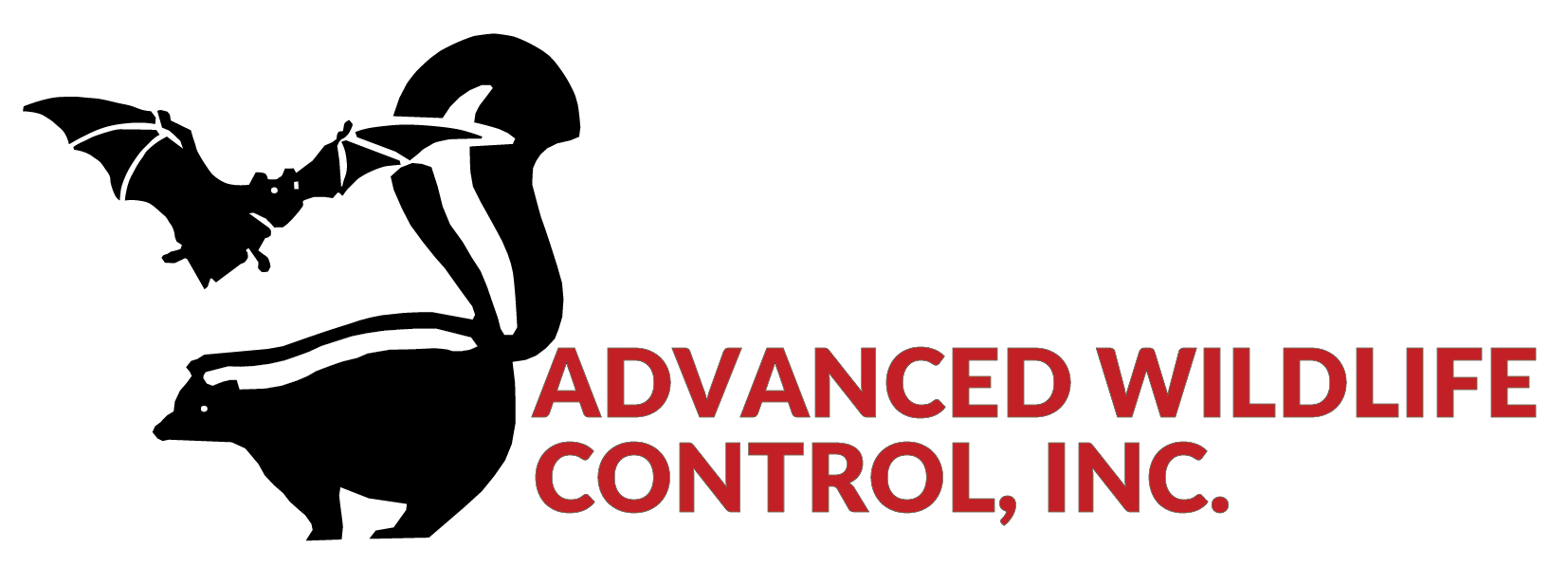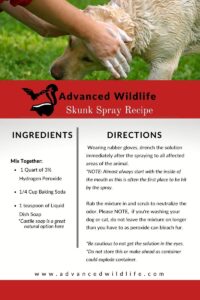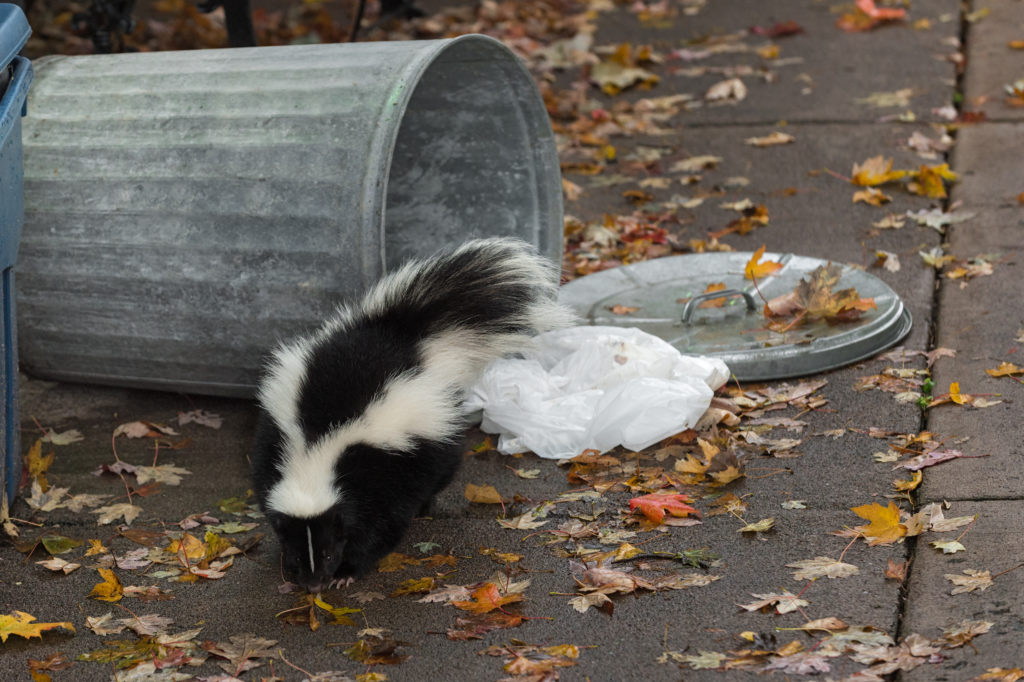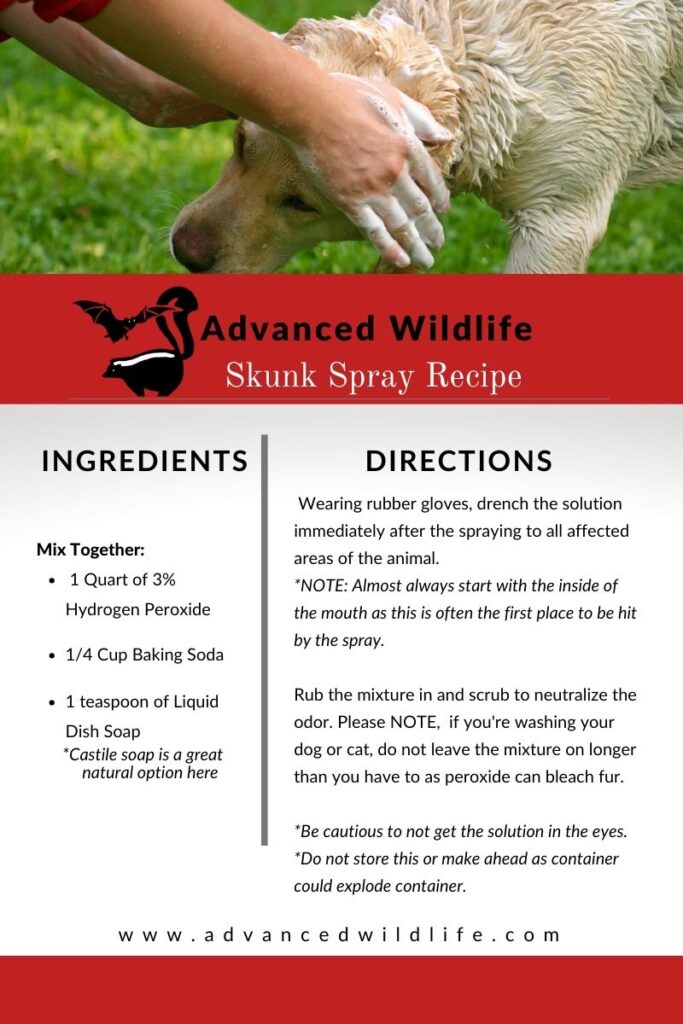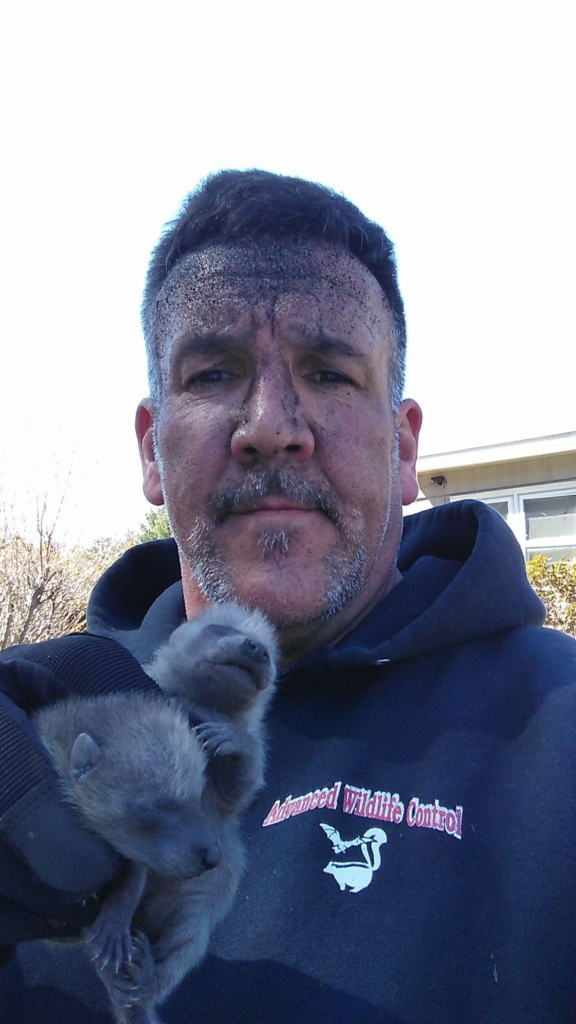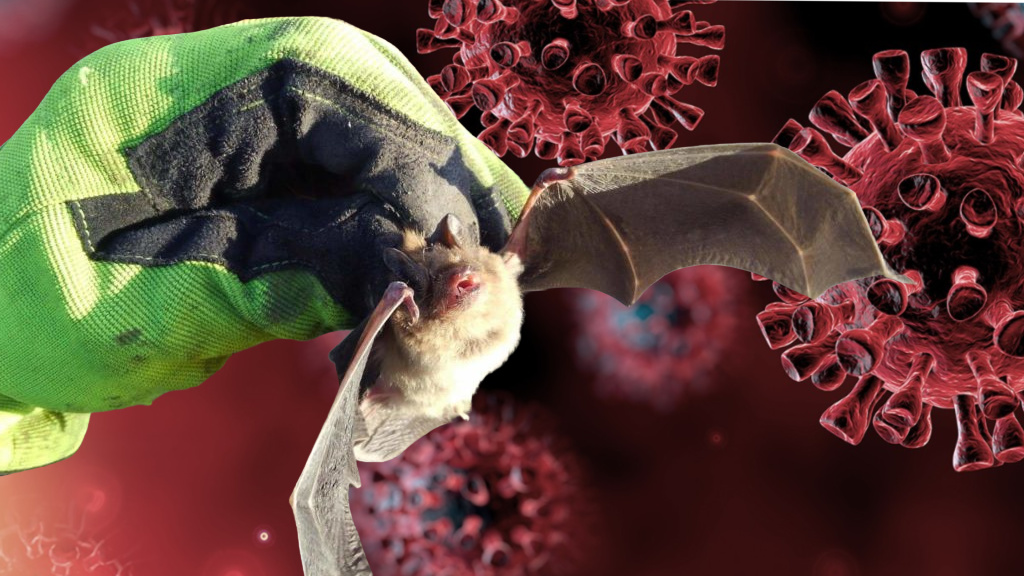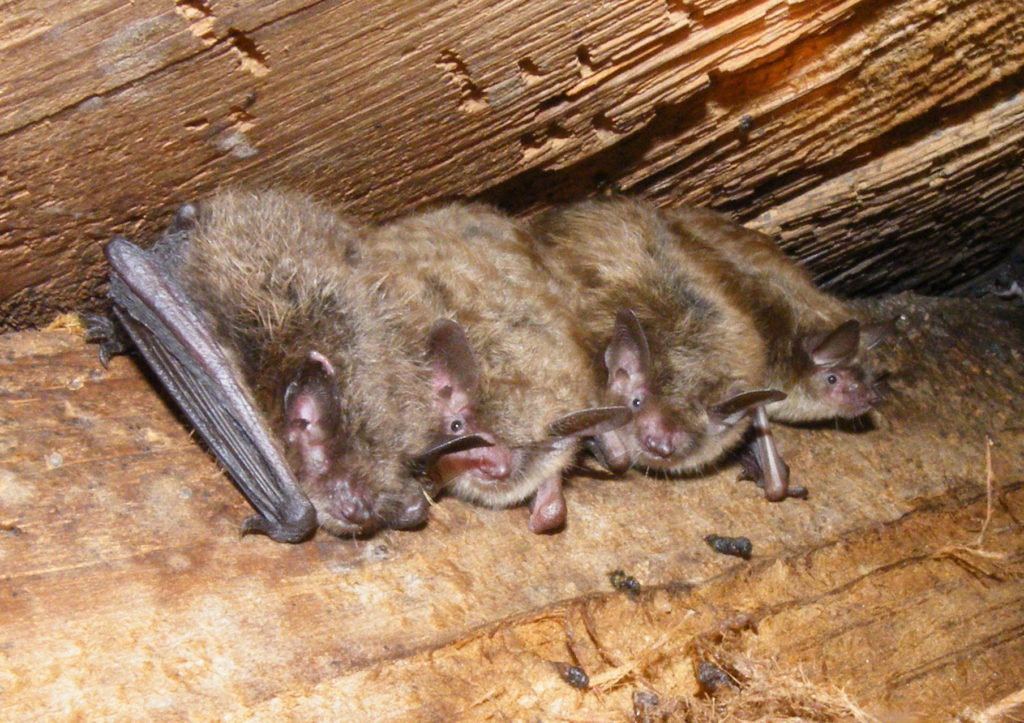Skunk Trapping and Removal Services in Seacoast New Hampshire & Maine, NH Lakes Region and neighboring towns.
Did you know Skunks can be one of the most common nuisance wildlife creatures for homeowners and businesses? They are notorious for their acrid and well-known pungent scent produced by a pair of scent glands that can be detected over a great distance.
The Advanced Wildlife Control team are experts at humanely and safely removing skunks with 24-hour emergency skunk trapping and removal solutions for your residence or business.
Estimates are ALWAYS free and are given with both emergency and long-term solutions to remove the skunks safely and to move them to a more suitable environment.
If you are concerned about a skunk problem, contact us for skunk removal and services today. Call Us or Text Now our estimates are always FREE.
Skunk Safety In NH and Maine
Skunks are one of four animals (including fox, raccoon & bats) that are considered to be the primary carriers of the rabies virus and classified as a rabies vector species. Skunks have also been known to carry leptospirosis a bacterial disease that affects humans and animals.
- Rabies – the most common disease associated with skunks transmitted by bite that can transfer it to animals and people. Rabies make victims very sick and left untreated is fatal.
- Leptospirosis is a bacterial disease that affects humans and animals. It is caused by bacteria of the genus Leptospira. In humans, it can cause a wide range of symptoms, some of which may be mistaken for other diseases. Some infected persons, however, may have no symptoms at all.
Besides the potential of being blasted with the unmistakable pungent aroma, the potential hazardous nature of skunks has us advising property owners or property managers to not attempt to remove skunks on their own.
Contact our experts who know how to safely and humanely relocate these critters.
